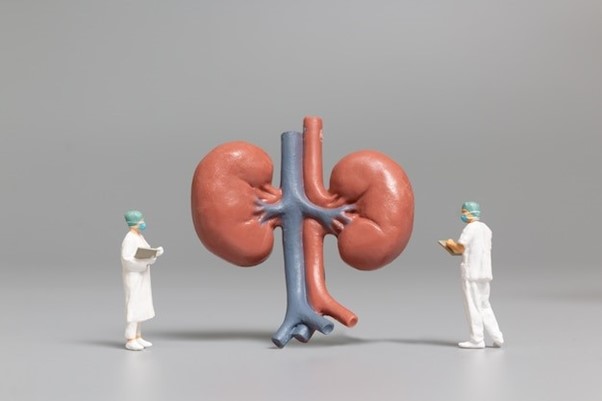Chronic kidney disease (CKD) can significantly impact your health and quality of life. It is crucial to grasp what CKD entails, how to manage it, and how to lead a fulfilling life despite its challenges.
What is Chronic Kidney Disease?
CKD refers to a condition where the kidneys gradually lose their ability to filter waste from the blood effectively. This decline in kidney function can lead to a buildup of toxins and waste in the body, resulting in various complications over time.
Causes and Symptoms
Common causes of CKD include high blood pressure and diabetes, which can damage the kidneys over years. Symptoms may not be noticeable in the early stages but can include increased urination, fatigue, swelling, itchy skin, and difficulty concentrating.
Understanding the Stages
CKD is categorized into five stages based on the glomerular filtration rate (GFR), which measures how efficiently the kidneys filter blood.
Stage 1 signifies mild kidney damage, while Stage 5 indicates kidney failure.
Regular testing helps determine the stage and guide treatment.
Management and Treatment
While there's no cure for CKD, various strategies can help slow its progression. These include managing underlying conditions like diabetes and high blood pressure, adopting a kidney-friendly diet, staying physically active, and avoiding tobacco use. Medications may also be prescribed to control blood pressure, cholesterol, and anemia.
Dialysis and Transplantation
In advanced stages of CKD, dialysis or a kidney transplant may be necessary. Dialysis involves using machines to remove waste products from the blood, while transplantation replaces a diseased kidney with a healthy one. Both options require careful consideration and ongoing medical care.
Prevention
Preventing CKD involves managing risk factors such as diabetes, high blood pressure, and heart disease. Adopting a healthy lifestyle, including regular exercise, a balanced diet, and avoiding smoking, can also reduce the risk of developing kidney disease.
Living Well with CKD
While CKD can present challenges, many individuals lead fulfilling lives with proper management. Attending regular medical appointments, following treatment plans, and seeking support from doctors and loved ones are essential steps. Connecting with support groups and resources can also provide valuable encouragement and guidance.
When to Seek Help?
Early detection and intervention are critical in managing CKD effectively. If you experience symptoms like fatigue, swelling, or changes in urination patterns, consult a doctor promptly. Regular monitoring and proactive management can help maintain kidney function and overall well-being.
In Conclusion
Living with CKD requires ongoing attention and care, but it is possible to lead a fulfilling life despite its challenges. By understanding the condition, adhering to treatment plans, and embracing a healthy lifestyle, individuals with CKD can optimize their health and well-being.





